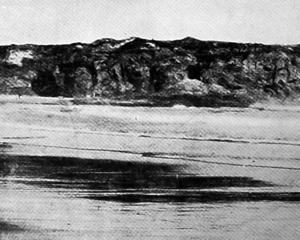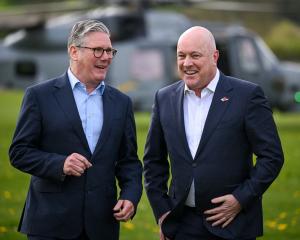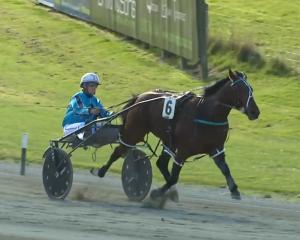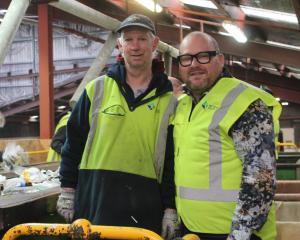
Last year, the Dunedin City Council resolved to invite the southern business association to the Zero Carbon Alliance — a group of major Dunedin organisations working to collaboratively reduce the city’s emissions, aiming for the city to be carbon neutral by 2030.
Business South chief executive Mike Collins said it declined the invitation because it would duplicate work already under way with another organisation and over questions whether the timeline was too short.
The alliance’s plan for Dunedin to be carbon neutral was "aspirational" but likely not achievable, he said.
"We were just concerned about the timeframe being possibly too short ... when we looked at the technology and the capital infrastructure needed to put into it ... we couldn’t commit to that as an organisation."
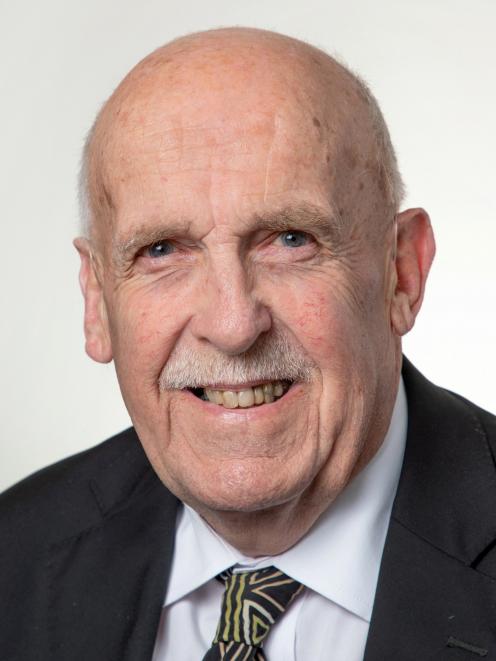
A 2050 target would be more appropriate, he said.
Business South liked the alliance’s plans but signing up would have been a "duplication of effort", as it was already in partnership with the Sustainable Business Council which had similar goals, Mr Collins said.
"If I was weighting it, it’s probably 80% that and 20% the [2030 target]."
Business South’s decision was noted in a update report for this week’s council meeting.
Councillor David Benson-Pope said he was "appalled" Business South was not treating climate change issues with the required urgency.
The city’s target needed to be ambitious — "such an irresponsible and short-sighted decision by Business South only reinforces my belief that council must do all we can to slow the damage to the only planet we have," he said.
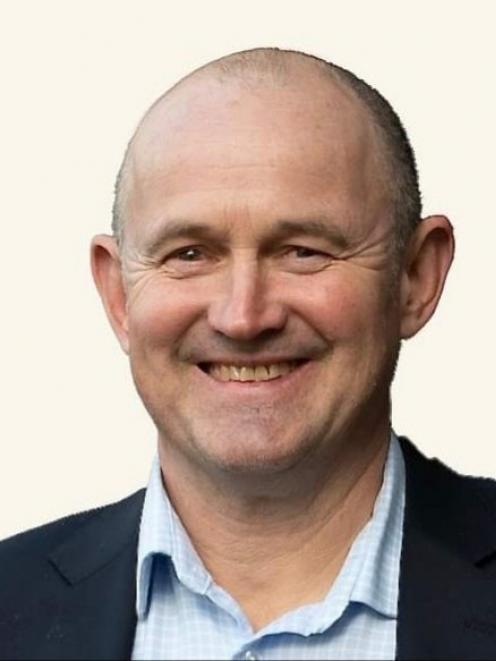
However, Cr Steve Walker said he was not overly surprised by Business South’s response: the council’s own decisions showed "a lack of ambition" in its zero-carbon plan and sent "conflicting and unambitious signals regarding our climate commitments", he said.
In February, a council report acknowledged regardless of high or medium zero-carbon investment packages, the city was unlikely to meet its emissions goal.
Councillors narrowly voted not to nominate an investment package for public consultation in the 2025-2034 long-term plan, a decision which "constitutes a deficit in democracy", Cr Walker said.
Cr Lee Vandervis agreed with Mr Collins and said the 2030 target was "extreme and unaffordable".
Council carbon reduction paperwork already cost more than a million dollars per year and had no obvious benefit for Dunedin residents, "except perhaps warm planet-saving fuzzies for some," he said.

"Further impractical environmental sustainability spending while ignoring financial sustainability is worsening massive debt and rates increases while decreasing our ability to deal with real crises as they occur."
Cr Sophie Barker said she was disappointed Business South declined to join the alliance, as it was an "important leader" in Dunedin.
"Business South is correct that we need to re-look at our goal and that it needs to be achievable. However, having it another 25 years away doesn’t create fast action, which is what the world needs."
Cr Andrew Whiley said because Business South covered Otago and Southland, he did not expect the association or Mr Collins to have a position on the Zero Carbon Alliance.
Advocacy group Zero Carbon Dunedin spokesman Aaron Hawkins said the climate change challenges needed to be met collaboratively and leaders in both the public and private sector should be making future-focused decisions whenever they could.
"Business as usual will ultimately be bad for business."
Council zero carbon acting manager Rory McLean said the alliance was interested in having sector-wide groups join to help manage zero-carbon efforts among their members.
The council continued to support small to medium enterprises’ emissions management and would continue to work with Business South on issues of "mutual interest", he said.




